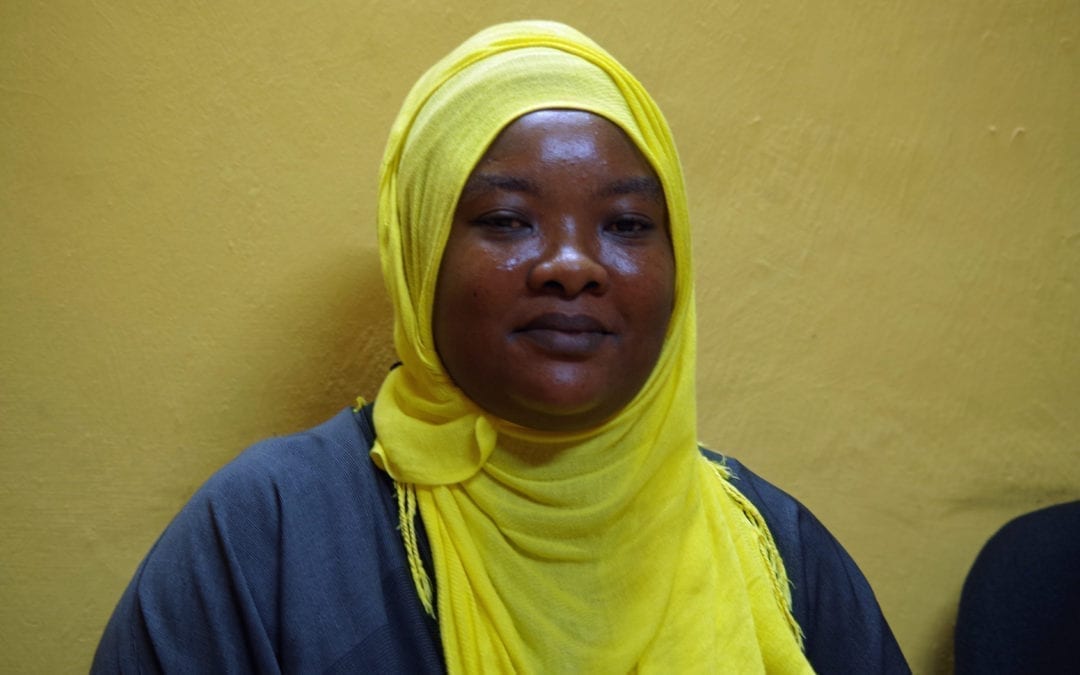In Mombasa, the labor broker’s announcement that jobs were available in Saudi Arabia resonated with Maria Makori Mwentenje.
“We were very poor. We had two children,” (age 10 and 1), Makori says, describing why she and her husband agreed that she should seek work in the Saudi Arabia. “We tried a small business and selling food, but that didn’t work. And there were no casual jobs available. We were hustling every day, but some days there was not enough to feed the family.”
Makori signed up with the labor broker but was not given a contract nor told her duties. Only at the airport did she learned she would be paid 18,000 Kenya shillings ($172) a month rather than the 23,000 ($221) she was promised. But even at that rate, she had to take a chance—it was not possible to earn that much in Kenya. She boarded the plane.
When she arrived in Saudi Arabia, she and other women traveling for work were taken to a room where their passports and travel documents were confiscated. Under the kefala system in Arab Gulf countries, migrant workers are tied to one employer, and it is illegal for them to get another job in the country. To ensure they do not leave, employers typically take their passports and often their mobile phones.
In Saudi Arabia, Makori was required to care for four children, including a baby. Working around the clock, her employer expected her to wake at all hours of the night to tend to the baby and still rise at 6 a.m. to prepare the family’s breakfast and get the children ready for school.
During her last pregnancy, Makori had developed hypertension, and in Saudi Arabia, the long hours, stress and difficult tasks exacerbated her condition. She experienced frequent headaches, and her body started to swell. Rather than take her to a doctor, her employer forced her to take pills, and she did not know what they were.
She was sexually harassed from the time she first walked into the employer’s house. When she contacted her husband and told him about the abuse, her husband went to the labor broker and asked why he sent his wife to such an employer. Rather than take steps to ensure Makori’s safety, the labor broker verbally abused her husband.
At one point, when she was too ill and tired to work, she told her employer she needed to rest. Enraged, the employer’s daughter entered the tiny space where Makori slept and after screaming at her, threw an iron at Makori, barely missing her head.
Fearing for her life, Makori fled to the police, where she was fortunate to encounter an officer who forced the family to return her passport and gave her money to travel. Unpaid for six months of work, she was grateful to return home with her life.

